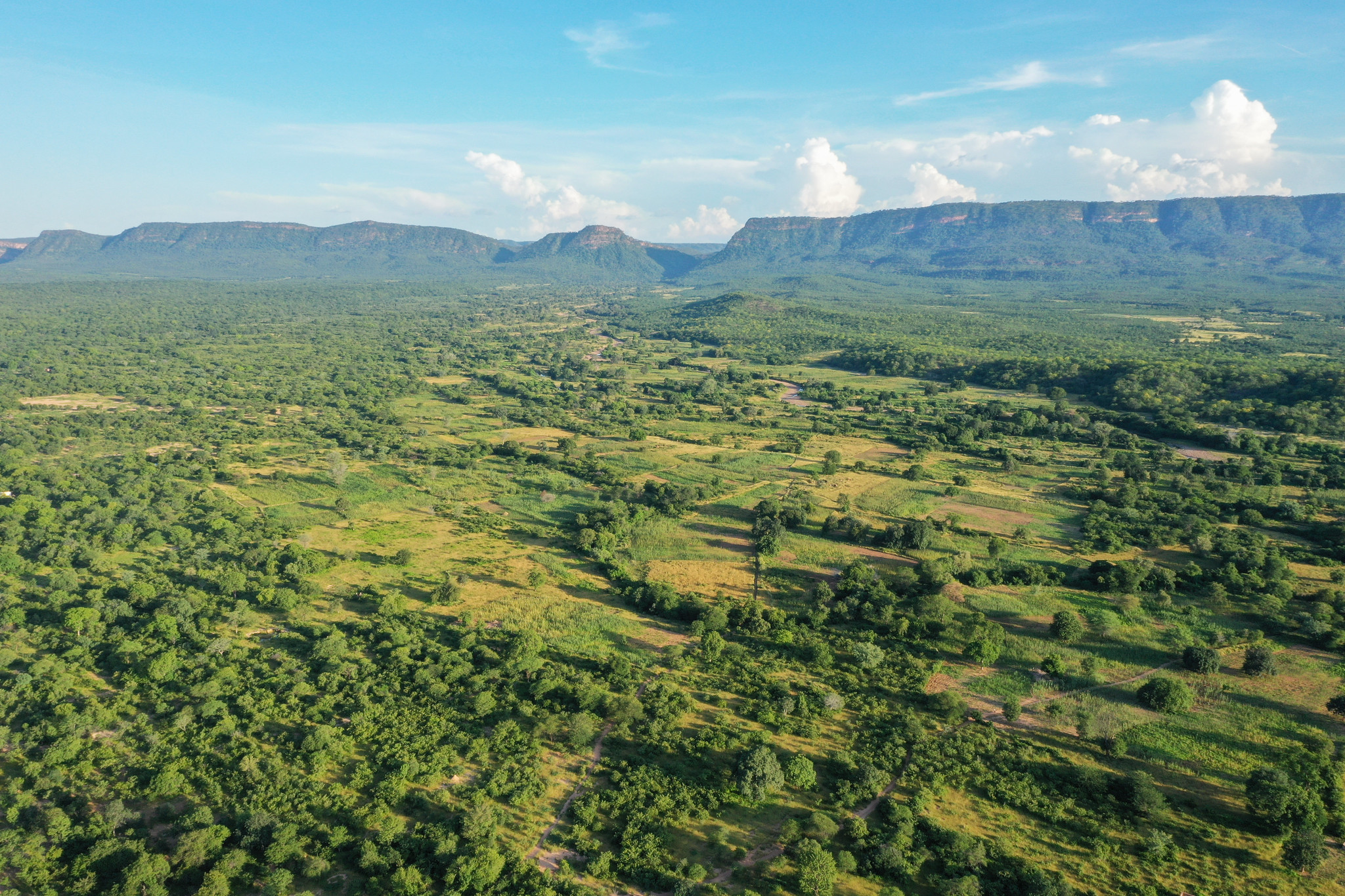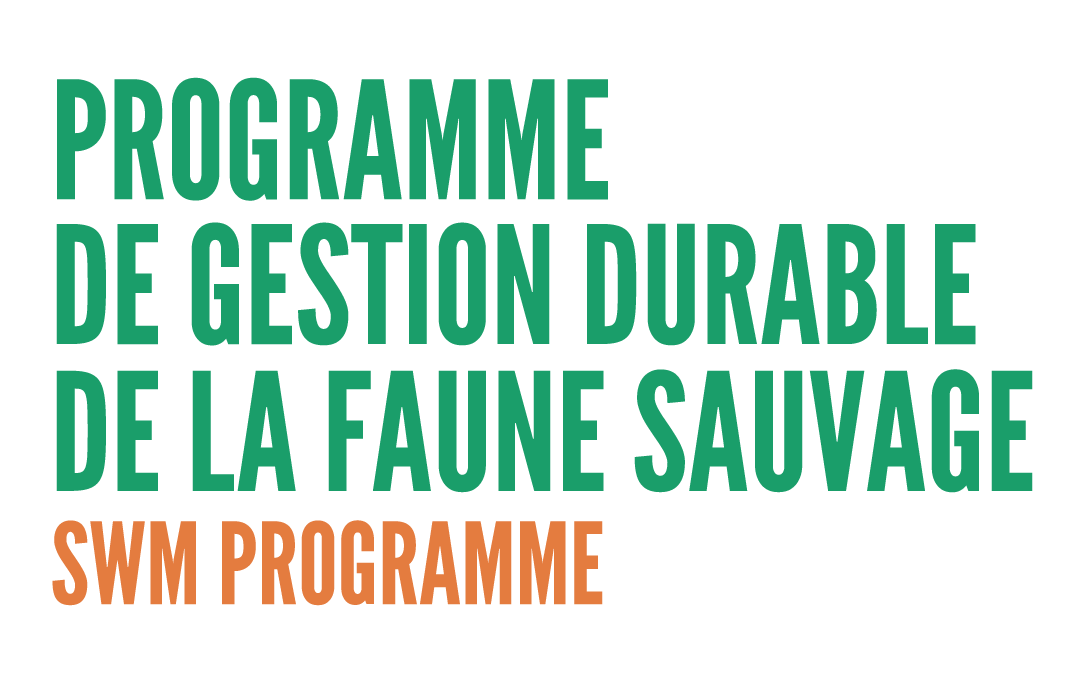Zimbabwe - Statutory law - Non consumption use
Non consumption use

Zimbabwe
Summary
The two principal Acts regulating the eco-tourism industry in Zimbabwe are the Tourism Act and the Parks and Wildlife Act. The relevance of the Parks and Wildlife Act is that it is the principal legislation in the designation and identification of protected areas (also known as ‘park area’). Although the Act does not clearly define the term ‘protected areas’ according to the International Union for Conservation of Nature (IUCN) framework, it provides for the “establishment of national parks, botanical reserves, botanical gardens, sanctuaries, safari areas, and recreational parks; to make provision for the preservation, conservation, propagation, or control of the wildlife, fish, and plants of Zimbabwe and the protection of her natural landscape and scenery”.
While the Parks and Wildlife Act provides for the establishment of protected areas, the Tourism Act regulates the tourism industry. However, the Tourism Act does not provide a definition of eco-tourism and ecotourism businesses, and there are no specific licences for eco-tourism and no mechanisms to ensure that indigenous people and local communities (IPLC) can benefit from wildlife tourism and conservation initiatives/activities. Section 3 of the Tourism Act establishes the Zimbabwe Tourism Authority (ZTA). The ZTA is responsible for the registration and issuing of licences to tourist-designated facilities, promotion of tourism in Zimbabwe and the setting up of standards within the tourist industry. All tourist-designated facilities must be registered and licensed by the ZTA.
WILDLIFE CONSERVATION (ECOTOURISM)
IDENTIFICATION OF PROTECTED AREAS FOR ECOTOURISM
The principal Act regulating tourism in Zimbabwe, the Tourism Act, does not provide a definition of eco-tourism. Rather it defines “tourist industry” as including all businesses, enterprises and activities that provide tourist facilities, including any such businesses, enterprises and activities carried on by the State, a statutory body or a local authority. Despite the non-definition of eco-tourism, tourism in the natural environment, conserving the environment, and improving the well-being of the local people find practical recognition. The Parks and Wildlife Act and Regulations establish protected areas. Although the Act does not clearly define the term ‘protected areas’ according to the International Union for Conservation of Nature (IUCN) framework, it provides for the “…establishment of national parks, botanical reserves, botanical gardens, sanctuaries, safari areas, and recreational parks; to make provision for the preservation, conservation, propagation, or control of the wildlife, fish, and plants of Zimbabwe and the protection of her natural landscape and scenery”. This categorization of protected areas is in accordance with IUCN categorization of protected areas, which includes strict nature reserve and wilderness areas (I); national parks (II); natural monuments (III); habitat/species management areas (IV); protected landscapes (V) and protected areas with sustainable use of wildlife (VI). Thus, the designation of most protected areas in Zimbabwe follows the IUCN categories II and III. Safari areas and recreational parks have provisions for co-management with local communities or the Rural District Councils (RDCs). The Traditional Leadership Act, the Forest Act, and the Communal Land Forest Produce Act provide for the protection of sacred groves present in any category of forest (state, local authority, communal land), but do not provide any provisions for communities themselves to secure and exercise rights over such areas.
ECOTOURISM DEVELOPMENT
The Tourism Act is the principal legislation on tourism in Zimbabwe. The Act does not define eco-tourism but defines ‘tourist industry’ as including “all businesses, enterprises and activities that provide tourist facilities, including any such businesses, enterprises and activities carried on by the State, a statutory body or a local authority”. The IUCN defines ecotourism as “environmentally responsible travel to natural areas, in order to enjoy and appreciate nature (and accompanying cultural features, both past and present) that promote conservation, have a low visitor impact and provide for beneficially active socio-economic involvement of local peoples”. Local community involvement is thus a critical aspect of ecotourism. Yet the law does not provide for a collective/community permitting system for running eco-tourism businesses; hence, local communities have no mechanism to benefit from these activities. Further, the law does not make any provision for compensation to the concerned indigenous people and local communities (IPLC) for wildlife tourism and conservation initiatives/activities.
Section 3 of the Tourism Act establishes the Zimbabwe Tourism Authority, which is a corporate body responsible for tourism promotion, planning and development, research and the enforcement of standards and services. The Authority regulates the tourist industry in Zimbabwe.
While the Tourism Act does not provide a definition of eco-tourism, such businesses fall within the definition of ‘tourist industry’. There are basically two requirements under the Act that must be satisfied to be recognized as a designated tourist facility: registration and licensing. According to the Act, the Tourism (Designated Tourist Facilities) (General) Regulations and the Tourism (Designated Tourist Facilities) (Licensing) Regulations require that tourist industries must be registered with the Zimbabwe Tourism Authority. Applications for registration are made to the Board of the Authority. An operator who has been convicted of any offence with a term of imprisonment without an option of a fine and/or who is an unrehabilitated insolvent does not qualify to have his/her designated tourist or user facility registered. Tour operators’ registration certificates are subject to special conditions. These include the following: 1) Hunting safaris for a tourist or user who is a visitor to Zimbabwe are prohibited unless under the direct control of a professional hunter or learner professional hunter, 2) the advertising material for the hunt is submitted by the tour operator to the Chief Executive of the Zimbabwe Tourism Authority within 28 days after publication and, 3) a policy of insurance approved by the Chief Executive is kept in force. The registration certificates are valid for 12 months from the date of issue or renewal. The Board of the Zimbabwe Tourism Authority may cancel the tourist facility’s registration for failure to comply with any of the prescribed requirements for registration. Operating an unregistered and graded tourist facility is a criminal offence with a sentence of a fine not more than level 6 and/or not more than six months in prison.
ECOTOURISM LICENSING
While the Tourism Act does not provide a definition of eco-tourism, such businesses fall within the definition of ‘tourist industry’. There are basically two requirements under the Tourism Act that must be satisfied to be recognized as a designated tourist facility: registration and licensing. Section 45 of the Act provides for the licensing of owners and operators of designated tourist facilities. An application for a licence is made to a licensing officer who has a discretion to either issue or decline to issue the licence after considering the prescribed requirements and the prescribed qualifications for the possession of the licence concerned. Operators of tourist facilities must obtain and keep monitoring data, which include the number of guests, and their nationality and permanent address. This information shall be retained by the operator for a period of three years from the date of the period to which the account or record relates. The Board of the Zimbabwe Tourism Authority or the licensing officer may cancel the tourist facility’s licence for failure to comply with any of the prescribed requirements. Operating a tourist business without a licence is a criminal offence punishable by a fine not exceeding level 6 and/or to imprisonment for a period not exceeding six months.
INSTITUTIONAL FRAMEWORK RELEVANT TO WILDLIFE CONSERVATION (ECOTOURISM)
INSTITUTIONAL SET-UP
Section 3 of the Tourism Act establishes the Zimbabwe Tourism Authority, which is controlled by the Board of Authority. The Board is appointed by the Minister after consultation with the President. Members of the Board are appointed for their knowledge of, and ability and experience in, the tourist industry, or other expertise as required. The major functions of the Authority relate to the promotion of the status of Zimbabwe as a tourist destination and regulating the tourist industry. In carrying out its functions of regulating the tourist industry, the Authority is supported by a special tribunal known as the Arbitration Committee. This Tribunal is appointed by the Minister. It is composed of a member of the Board, who shall be the chairperson; the Chief Executive; a legal practitioner; and a person who is familiar with the business of tour operators. The Arbitration Committee investigates complaints by tourists or users relating to the failure by a registered tour operator to fulfil his/her contractual obligations towards such tourists or users. The Arbitration Committee has the power to order compensation to be paid to a tourist or user if a breach by the tour operator is established. Any party aggrieved by the decision of the Arbitration Committee has the right of appeal to the Minister within twenty-eight days of the decision. The jurisdiction of the Arbitration Committee established by the Regulations is limited to complaints raised by a tourist or user relating to the failure by a registered tour operator to fulfil his/her contractual obligations towards such tourist or user. The Arbitration Committee has no competence over any other claim beyond that specific scope. Indigenous peoples and local communities (IPLCs) may access this remedy only in case of a contractual breach related to a tourism service, but not for damages suffered as a result of eco-tourism activities in general. This may result into a limitation to IPLCs right of access to effective remedies.
